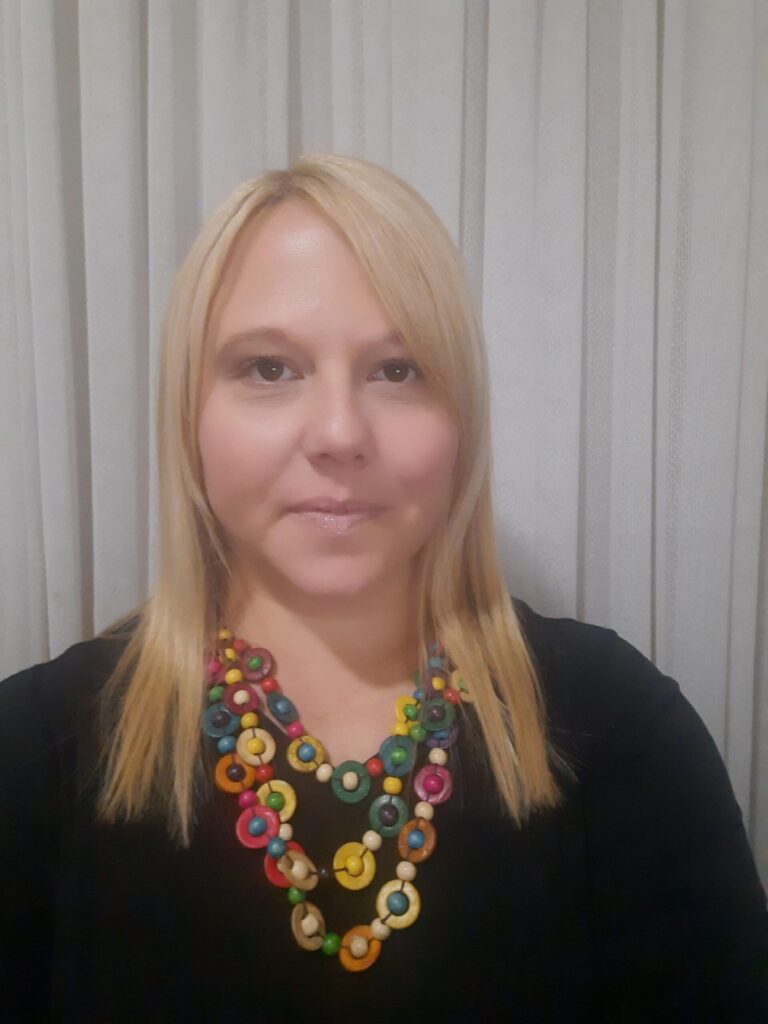Eating Disorder Nutrition
Compassionate, evidence-based nutrition support for people experiencing eating disorders or disordered eating, tailored to each person’s unique journey.
Why Nutrition Support Matters in Eating Disorders
Nutrition is an essential part of recovery, helping restore physical health, improve energy, and rebuild a positive relationship with food.
Around 1 in 20 Australians experience an eating disorder, and early, specialised dietitian support makes a real difference in recovery.
Medical Stability
Up to 70% of people with eating disorders experience nutrient deficiencies such as iron, vitamin D, or calcium — these can affect energy, mood, and bone health. Dietitian support helps restore balance, reduce risks, and promote recovery.
Weight Restoration & Nourishment
Adequate nutrition supports both physical and psychological recovery, helping improve mood, energy, and cognitive function.
Breaking Restrictive Cycles
Practical support with meal structure and food variety helps reduce fear, guilt, and anxiety around eating, laying the groundwork for a healthier relationship with food.
Long-Term Recovery
Relapse can be common without ongoing care. Regular nutrition support helps maintain progress, lower relapse risk, and promote independence.
Who We Help
Our eating disorder dietitians work with people across all ages and stages of recovery. We provide care that is compassionate, collaborative, and tailored to each person’s needs. We support:

- Adolescents and young people – working closely with families and treatment teams to support growth, development, and recovery.
- Adults – providing practical strategies and ongoing support for recovery and relapse prevention.
- Families and carers – offering education, meal support strategies, and guidance to help loved ones feel supported at home.
- People newly diagnosed or awaiting treatment – helping with early nutrition support and reducing risks while care is coordinated.
- Clients transitioning from hospital or day programs – providing continuity of care and helping rebuild confidence in everyday eating.
- Individuals seeking long-term recovery – supporting ongoing wellbeing, reducing relapse risk, and promoting independence.
Conditions We Support
Our dietitians are trained and experienced in providing support for a wide range of eating disorder presentations and related concerns, including:
- DSM-5 eating disorders – anorexia nervosa, bulimia nervosa, binge eating disorder, ARFID, OSFED
- Disordered eating and chronic dieting – food rules, restriction, or cycles of overeating and guilt
- Athletes with RED-S – restoring energy and protecting performance and health
- Transition from inpatient/day programs – continuity of care and relapse prevention
- Families and carers – education and meal support strategies at home
- Co-occurring conditions – anxiety, depression, gastrointestinal concerns
- Long-term recovery support – relapse prevention and building independence

Our Expertise
Nutritional Rehabilitation
Restoring adequate energy and nutrient intake to support physical health and healing.
Meal Structure & Flexibility
Practical strategies to reduce food anxiety, broaden food variety, and normalise eating patterns.
Collaborative Care
Working closely with GPs, psychologists, psychiatrists, and treatment teams to ensure coordinated care.
Relapse Prevention & Recovery Support
Helping individuals build sustainable nutrition habits and reduce relapse risk over the long term.
How We Work With You
Our eating disorder dietitians provide care that is trauma-informed, compassionate, and individualised.
We take the time to understand your full health picture, including medical history, eating patterns, symptoms, and challenges. This helps us identify risks such as nutrient deficiencies and create a safe starting point for your recovery journey.
Instead of a one-size-fits-all approach, we provide practical, flexible strategies that meet you where you’re at. This may include building meal structure, support nourishment, and gently expanding food variety to reduce anxiety and promote confidence around eating.
Recovery takes time, and regular reviews provide a space for accountability, encouragement, and reassurance. We adjust recommendations as your needs change, celebrate progress, and help reduce the risk of relapse through long-term support.
Meet our Eating Disorder Dietitian Team
Our team includes dietitians with specialised training and experience in eating disorder care. Each brings a compassionate, evidence-based approach to support recovery.
Click on a dietitian below to learn more about their background and experience, and to book a telehealth appointment directly.
If you would prefer a home visit, please
click here to submit an enquiry or referral form
.

Lena Tat
Supports clients across eating disorders and feeding therapy using a trauma-informed, holistic approach. Telehealth Australia-wide & home visits available in Shepparton and Northern Melbourne Suburbs.

Maddie Law
Works with clients experiencing eating disorders and gut health issues, helping restore nourishment and improve quality of life. Telehealth Australia-wide & home visits available in Inner and Northern Melbourne Suburbs.

Brooke Norman
Works across eating disorders, feeding therapy, and sports nutrition, supporting clients with practical, empathetic care. Telehealth Australia-wide & home visits available in Eastern and South-Eastern Melbourne Suburbs.

Paris Wojniak
Supports clients with eating disorders and disordered eating using a gentle, person-centred approach. Telehealth Australia-wide & home visits available in Western Melbourne Suburbs.
Frequency Asked Questions
Our eating disorder dietitians in Melbourne, Brisbane, Shepparton, and across Australia provide evidence-based support for anorexia, bulimia, binge eating, ARFID, and disordered eating.
Our Accredited Practising Dietitians provide compassionate, evidence-based nutrition support for people experiencing eating disorders or disordered eating. We help restore nourishment, improve energy and mental wellbeing, and rebuild a positive relationship with food. Our team offers eating disorder nutrition support in Melbourne, Shepparton, Albury, Bendigo, Brisbane, Gold Coast and across Australia via telehealth.
No, you don’t. Many clients contact us because they feel anxious about food, struggle with restriction or bingeing, or want to find peace with eating. You can access non-judgemental support from an eating disorder dietitian without a formal diagnosis.
We support all DSM-5 recognised eating disorders — including anorexia nervosa, bulimia nervosa, binge eating disorder, ARFID, and OSFED — as well as disordered eating, chronic dieting, and RED-S (relative energy deficiency in sport). Our dietitians provide both in-person and online eating disorder nutrition counselling.
Your dietitian is part of your care team, working collaboratively with your GP, psychologist, psychiatrist, and treatment service. We focus on meal structure, adequate nourishment, and reducing anxiety around food, ensuring your nutrition plan complements your psychological and medical care.
Yes. We often support clients waiting for specialist eating disorder treatment or transitioning from hospital or day programs. Our dietitians help maintain medical stability, prevent relapse, and provide continuity of care while you access or step down from higher levels of support.
No. Our care is weight-inclusive, non-diet, and trauma-informed. We focus on improving nourishment, mood, energy, and overall health — not on weight or appearance.
Yes. We provide telehealth eating disorder dietitian appointments Australia-wide, as well as home visits in areas including Melbourne, Shepparton, Bendigo, and regional Victoria. This allows clients to access support in a safe and flexible environment.
You can self-refer via our Referral Form, or your GP or mental health clinician can refer you. We accept Medicare-eligible Eating Disorder Treatment Plans (EDPs), GP Management Plans, and private referrals.
Recovery looks different for everyone. Our dietitians provide ongoing, compassionate support — helping you restore health, rebuild trust with food, and move toward long-term recovery at your own pace.
Contact us today to begin your journey towards a better you
Do you want to reach out for more information or see how we can help you? Reach out to us by clicking on the button below.
